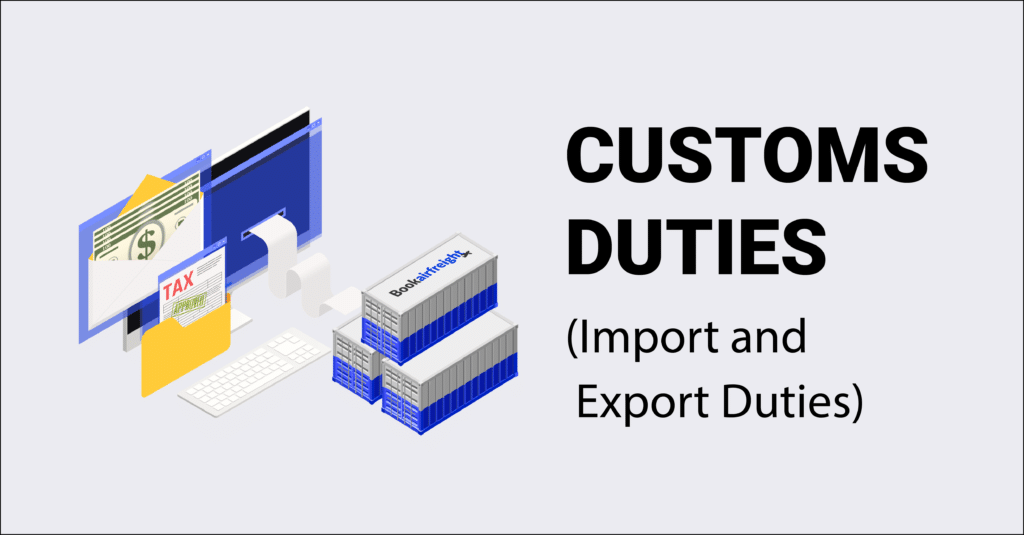Tax fluctuations play a pivotal role in shaping the economic landscape of a country. In Kenya, the relationship between tax policies and the cost of living is a dynamic and complex interplay that significantly influences the livelihoods of its citizens.
Income Tax and Disposable Income. Income tax directly affects individuals’ disposable income. Fluctuations in income tax rates can either alleviate or burden Kenyan households. A decrease in income tax rates can boost disposable income, enabling citizens to spend more on goods and services, ultimately stimulating economic growth.

Value Added Tax (VAT) and Consumer Goods. VAT is a consumption tax that impacts the cost of a wide range of goods and services. Fluctuations in VAT rates can lead to changes in the prices of essential consumer goods. A rise in VAT may contribute to an increase in the cost of living, especially for lower-income households that allocate a significant portion of their income to basic necessities.
Customs Duties and Import Costs. Kenya heavily relies on imports for various products. Fluctuations in customs duties can directly impact the cost of imported goods. Higher customs duties lead to increased prices for imported items, affecting consumers who rely on these products. This, in turn, contributes to an inflationary effect on the overall cost of living.

Property Taxes and Housing Costs. Property taxes influence the real estate market and, subsequently, housing costs. Changes in property tax rates can impact the affordability of housing for both renters and homeowners. Higher property taxes may lead to increased rental prices and property values, making it challenging for individuals to find affordable housing.
Fuel Taxes and Transportation Costs. The transportation sector is highly sensitive to fluctuations in fuel taxes. An increase in fuel taxes contributes to higher transportation costs, affecting the prices of goods and services across the board. This ripple effect can result in an overall increase in the cost of living as transportation costs are embedded in various aspects of daily life.

Social Security and Healthcare Expenses. Changes in social security contributions can affect the overall healthcare system. Higher social security taxes may lead to increased healthcare expenses for individuals and families, impacting the overall cost of living. Adequate healthcare is essential for citizens’ well-being, and fluctuations in social security contributions can have widespread consequences.
Fluctuations in tax policies in Kenya have a multifaceted impact on the cost of living. It is crucial for policymakers to carefully consider the potential consequences of tax changes on different segments of the population. Striking a balance between revenue generation and ensuring affordability for citizens is essential for fostering economic stability and improving the overall quality of life in Kenya.




